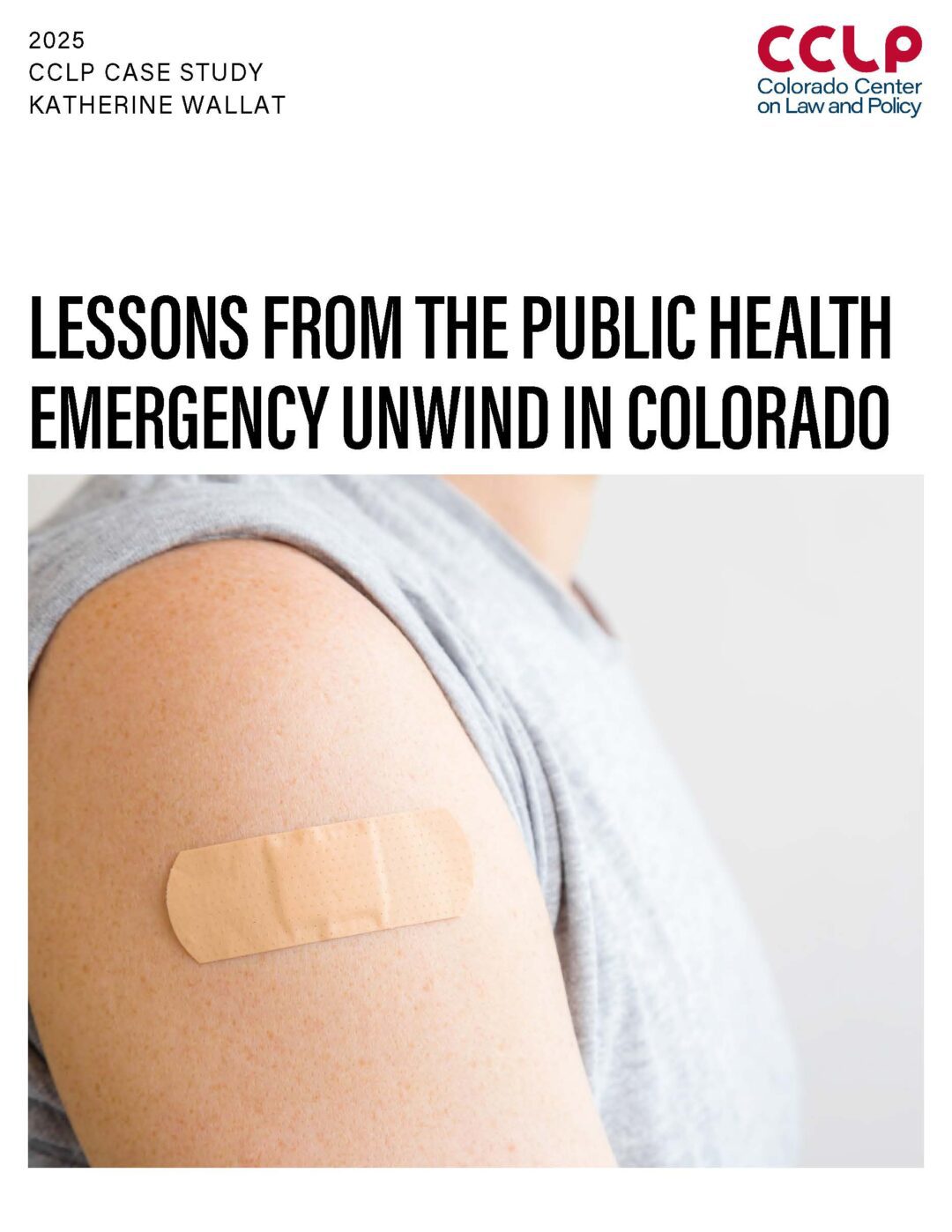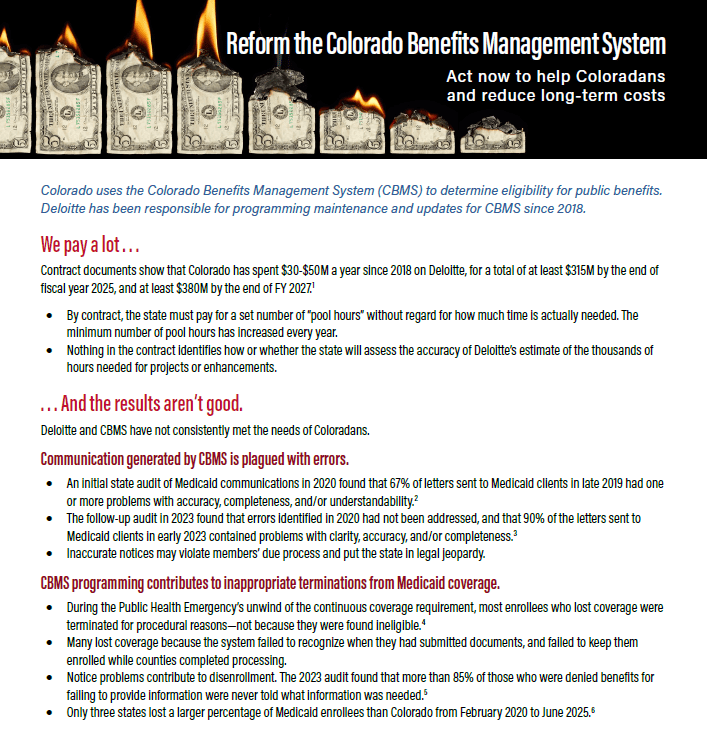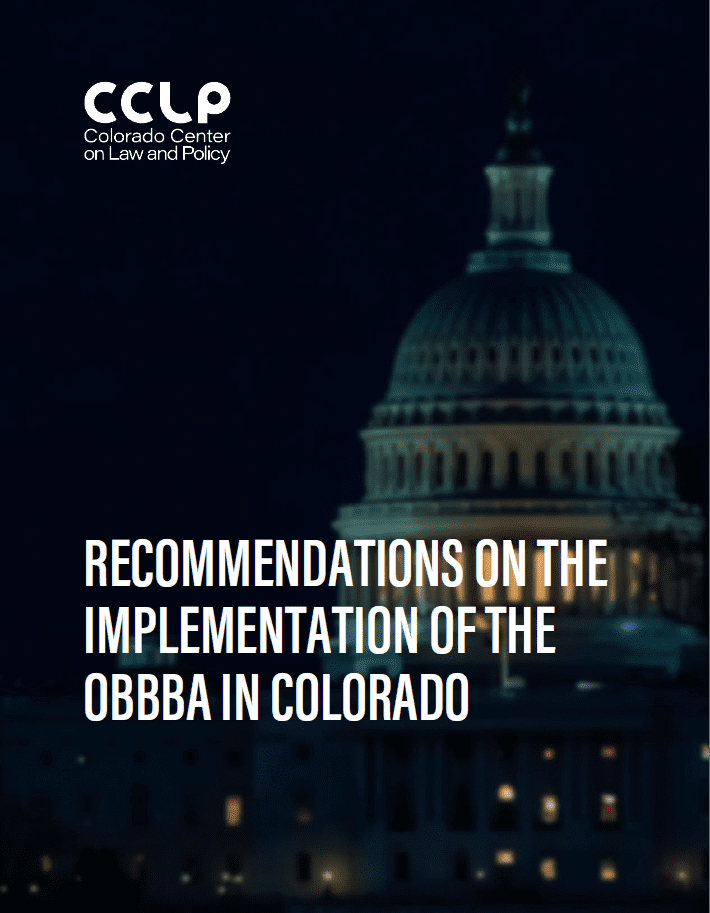View File
A review of recent studies shows that cigarette consumption is closely tied to the price of cigarettes. In fact, one report found that even modest increases in the price of cigarettes will reduce consumption, especially among key demographic groups such as young adults.1 Given that taxes drive up the price of cigarettes, any measure that raises taxes on cigarettes would:
• decrease consumption as smokers cut back on the quantity consumed.
• further decrease consumption in the long term as fewer people pick up the now more expensive habit.
• improve individual and public health as fewer people smoke.
• produce savings for the state in the form of lower health care costs and greater productivity among workers.
Smoking is detrimental to nearly every facet of health
The Centers for Disease Control and Prevention (CDC) says cigarette smoking causes cancer, heart disease, strokes, lung diseases, and is the leading cause of preventable deaths worldwide. Furthermore, in the United States smoking accounts for about 1 in 5 deaths annually. This means that more than 440,000 people will die each year because of an addiction to cigarettes.2
Increased cigarette prices lead to decreased consumption
Numerous studies have explored the connection between the price of cigarettes and its effect on consumption. According to the Surgeon General’s report on tobacco use, a 10 percent increase in the price of cigarettes should lead to a 3 to 5 percent decrease in consumption in the developed world.3 Furthermore, people between the ages of 15 and 25 exhibit an even greater sensitivity to price than older smokers.4 This is important as the higher tax could create a barrier to youth and young adult smoking, meaning these young people will not get hooked in the first place. A decrease in consumption would create a healthier and happier workforce leading to lower health care costs, greater productivity and potentially a decrease in the rate of young adult smokers. Figure 1 plots the price of cigarettes versus the total number of packs sold nationwide over the past several decades. A strong inverse relationship is apparent, meaning that as the price of a pack of cigarettes increases, consumption declines.




CCLP Public Comment to HHS Reinterpretation of Federal Public Benefit
Public Comment, Publications